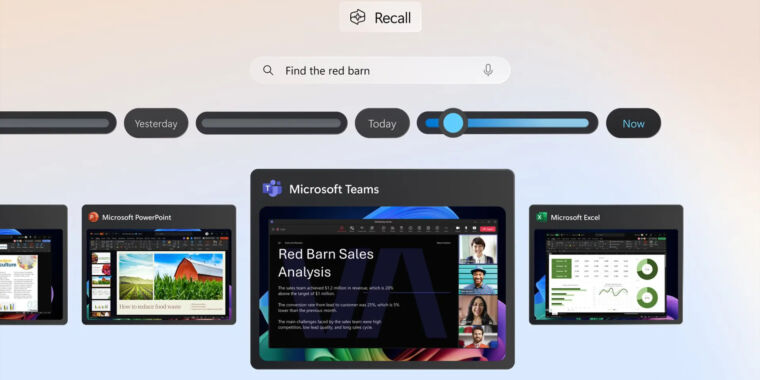

One other factor that I think is an issue with motion blur: the modeling of shifting gaze in video games often isn’t fantastic, due to input and output device limitations.
So, say you’re just looking straight ahead in a game. Then motion blur might be fine – only moving objects are blurred.
But one very prominent place where motion blur shows up is when the direction of your view is changing.
In a video game, especially if you’re using a gamepad, it takes a while to turn around. And during that time, if the game is modeling motion blur, your view of the scene is blurred.
Try moving your eyeballs from side to side for a bit. You will get a motion-blurred scene. So that much is right.
But the problem is that if you look to the side in real life, it’s pretty quick. You can maybe snap your eyes there, or maybe do a head turn plus an eye movement. It doesn’t take a long time for your eyes to reach their destination.
So you aren’t getting motion blur of the whole surrounding environment for long.
That is, humans have eyes that can turn rapidly and independently of our heads to track things, and heads that can turn independently of our torsos. So we often can keep our eyes facing in one direction or snap to another direction, and so we have limited periods of motion blur.
Then on top of that, many first person shooters or other games have a crosshair centered on the view. So aiming involves moving the view too. That is, the twin-stick video game character is basically an owl, with eyes that look in a fixed position relative to their head, additionally with their head fixed relative to their torso (at least in terms of yaw), and additionally with a gun strapped to their face, and additionally, with a limited rate of turn. A real life person like that would probably find motion blur more prominent too, since a lot of time, they’d be having to be moving their view relative to what they want to be looking at.
Might be that it’d be better if you’re playing a game with a VR rig, since then you can have – given appropriate hardware – eyetracking and head tracking and aiming all separate, just like a human.
EDIT: Plus the fact that usually monitors are a smaller FOV than human FOV, so you have to move your direction of view more for situational awareness.
https://old.reddit.com/r/askscience/comments/gcrlhn/what_fov_do_humans_have_like_in_video_games_can/
Human field of view is around 210 degrees horizontally. Each eye has about 150 degrees, with about 110 degrees common to the two and 40 degrees visible only to that eye.
A typical monitor takes up a considerably smaller chunk of one’s viewing arc. My recall from past days is that PC FPS FOV is traditionally rendered at 90 degrees. That’s actually usually a fisheye lens effect – actual visible arc of the screen is usually lower, like 50 degrees, if you were gonna get an undistorted view. IIRC, true TV FOV is usually even smaller, as TVs are larger but viewers sit a lot further away, so console games might be lower. So you’re working with this relatively-small window into the video game world, and you need to move your view around more to help maintain situational awareness; again, more movement of your direction of view. A VR rig also might help with that, I suppose, due to the wide FOV.






















I do.
I think that it’s one of the services that dramatically enhances both my online experience, but also the world’s. And I’d rather have it donation supported than ad-supported or similar.
There aren’t many services that I’ll donate to, but this is one.